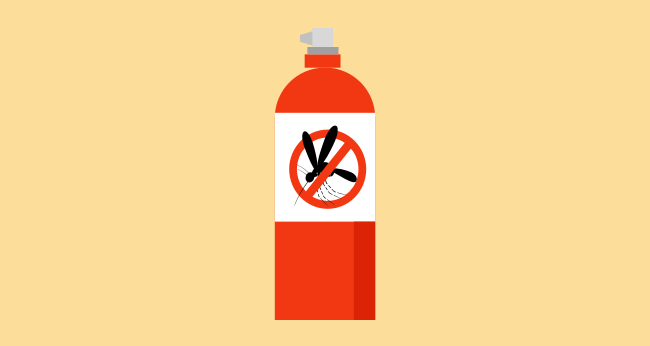Traveling to any part of the world with dengue can put you at potential risk, but you can lower your chances of infection by taking measures to avoid being bitten by mosquitoes.
Before you travel check health notices and warnings, as well as country-specific recommendations to find out whether you will be at risk. You can check your own government’s travel advice or the websites of the World Health Organization, US Centers for Disease Control and Prevention, or the European Centre for Disease Prevention and Control.

Be aware of your environment
an increase in dengue cases is likely during a rainy season1 and mosquitoes live in both rural and urban areas2 so your risk can be affected by these factors.

Pack insect repellent
products with 50% DEET are best, but a lower strength (15-30% DEET) is recommended for children. There are also DEET-free alternatives for children aged under two months.3

Wear loose-fitting clothing that cover your arms and legs
as mosquitoes can bite through tight-fitting clothes. You can treat your clothing with permethrin, an insecticide that kills or repels mosquitoes.4 It is best to cover your feet with socks and shoes rather than wearing open sandals.

Sleep under a mosquito net
ideally one that has been treated with insecticide.

Mosquitoes that transmit dengue bite during the day as well as at night
so protect yourself around the clock.5



